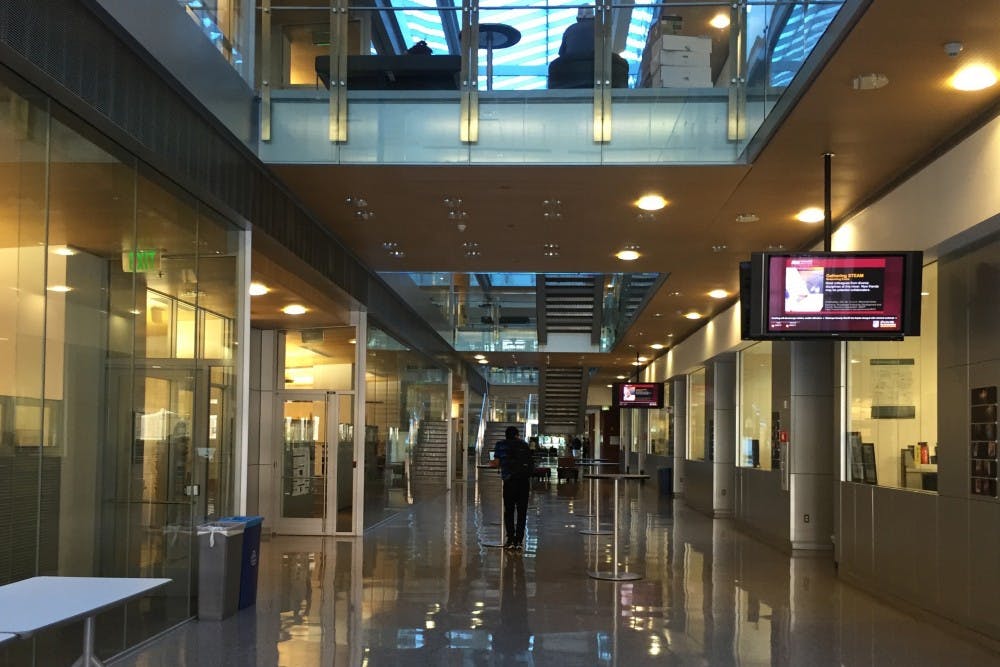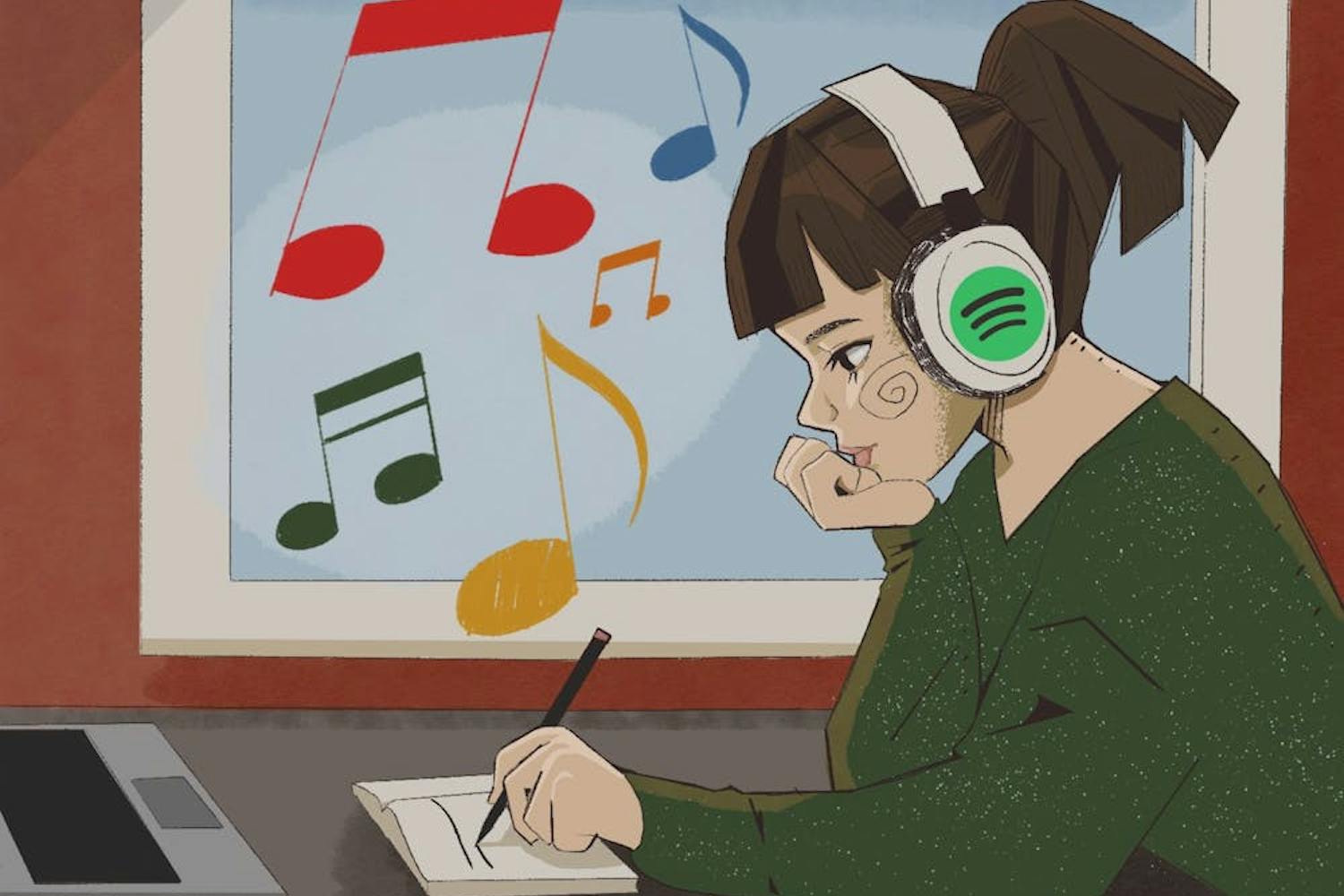A single question motivates a large part of an immune system lab at ASU: Why do vaccines, which heighten the immune system, not make you feel sick?
"The vast majority of symptoms you feel when you're sick are not from the infection," said the lab's director, Joseph Blattman, an assistant professor in the Biodesign Center for Immunotherapy, Vaccines, and Virotherapy. "They're from the response to the infection."
Since the job of a vaccine is to bolster the immune system's T-cells, Blattman said he and his team are trying to better understand how to create a vaccine that helps the T-cells attack the cancerous tissue and leave the healthy tissue, helping the patient feel better.
"Can you separate the protective things it does from the disease, symptom parts of the things that it does?" Blattman asked. "Half of my lab works on that."
The other half of the lab deals with one particular disease.
"Once you show up in a clinic," Blattman said. "What do you do about a cancer?"
Essentially, once the immune system's T-cells enter a tumor, the tumor shuts them down, he said. This is by design, and the explanation comes directly from the research done by the first half of the lab.
"Your immune system is designed to give an overwhelming response and then shut down," Blattman said. "We know that if it kept going, it would kill you from the inside out."
So rather than perform a continued assault upon the tumor, invoking collateral damage on the rest of the body, the T-cells just shut off.
"What my lab looks at is 'how do you reactivate them?'" Blattman said. "How do you get them to be reactivated, go to the right place, do the right thing?"
The team has focused primarily on two diseases: metastatic osteosarcoma, which starts in bone cells, and metastatic glioblastoma, which is a type of intracranial tumor considered incurable by traditional therapy. Both are cancers that appear predominantly in youths.

GIF by Sarah Johnson
Blattman's lab has been injecting mice with different immunotherapy treatments in order to find out which works best against these tumors. In order to administer these treatments, Blattman turned to Rachael Sirianni, an assistant professor in neurobiology at the Barrow Neurological Institute.
"My laboratory specializes in drug delivery to the central nervous system, and we mainly study treatment of glioblastoma," Sirianni said. "The average survival time is 14 to 16 months, and that's with the most aggressive standard of care."
Sirianni's role has been in finding a way to direct the T-cells to the afflicted tissue, thereby limiting unwanted damage. She said the immunotherapy that she has worked on in conjunction with Blattman's lab does just that.
"It's designed to breach the tumor cell and to not have any effect on healthy tissue," Sirianni said. "It's designed to reach a greater number of tumor cells than can be reached by conventional therapy."
Blattman said that this homing procedure that allows the treatment to locate the cancerous tissue depends upon molecules called "rexinoids," which Pamela Marshall, an associate professor at the School of Mathematical and Natural Sciences, works on.
"He's trying to make vaccines that go to the right place," Marshall said. "One of the ways to do that is to co-administer the vaccine with small biological molecules."
Marshall, alongside professors Carl Wagner and Peter Jurutka, designs and builds small biological molecules, or rexinoids, for Blattman at the ASU West campus.
Blattman said he would like for his research to continue into clinical trials.
"Kids with metastatic osteosarcoma, they die," Blattman said. "That's the truth of it. If you give this to them, and you start seeing people live, well you've just saved a life."
Reach the reporter at sdeadric@asu.edu or follow @deadrick_sam on Twitter.
Like The State Press on Facebook and follow @statepress on Twitter.




